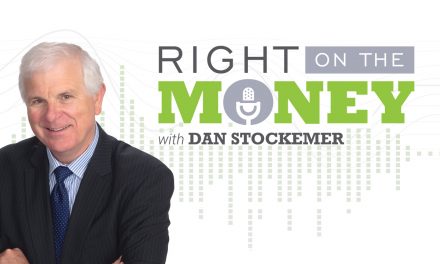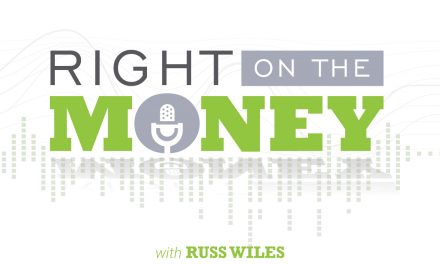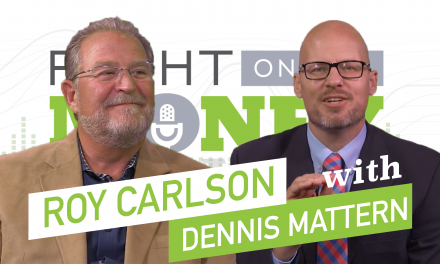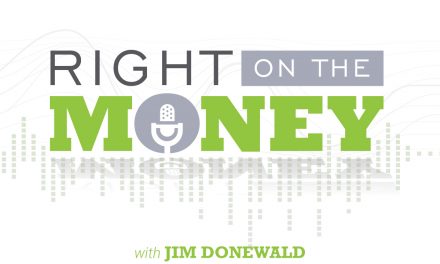Financial Products and Advice Should Come Clean on Costs
It’s really troubling in the information age an investor can’t seem to secure the true cost of their investments or consulting advice. Even when you Google—the front of all knowledge—most financial products disclosures don’t reveal the total cost, the true cost of product ownership. Watch the interview with retirement specialist Jim Donewald.
Many Americans have 401(k), IRA and Roth IRA holdings. Most don’t have the time or skill sets to manage their own portfolios, so they outsource the oversight of their investments to financial professionals. Finding the right financial professional is more than just stalking online bios on LinkedIn, inspecting BrokerCheck and trolling the Better Business Bureau for a rating. It’s finding a financial professional that believes in full-cost disclosure and that’s not easy.
Financial professionals are anointed with industry titles and self-appointed labels. Registered representatives, registered investment advisors, investment advisor representatives, insurance agents and solicitors are among the most familiar and may or may not be able to represent all product lines or design financial plans. Even the fiduciary community, comprised of CPAs, Enrolled Agents of the IRS, Trust Officers, Tax and Estate Attorneys appear to have inconsistencies in their service charges. It’s not easy to secure objective advice, even with all these available consultants. Full compensation disclosure is rare, so you need to require it before engaging a financial professional.
No one’s altruistic. There’s a cost for time and advice. More than half the professional market is fee-based and charge billable hourly rates, one-time charges for financial plans or a percent of the assets under management. Some are paid a commission by the product manufacturer, which needs to disclose all its charges.
A mutual fund declares its annual expense ratio in the prospectus. The average charge may be around 80 to 90 basis points. But additional costs are buried in the statement of additional information (SAI), and its disclosure is not required. The SAI averages around 133 to 144 basis points. The average cash drag can erode returns as much as 83 to 90 basis points just for parking part of the funds in cash. And keep in mind non-qualified plan mutual funds could be exposed to taxation, which could account for another 100 basis points in additional costs. Qualified plans have their own administration cost and could be charging 55 to 75 basis points as well.
When you apply the fees for advice and fund costs, you could be at a 5-percent annual expense loads. This is simply an introduction in the full disclosure arena. As a purchaser of financial products, you need to demand the all-in costs connected with your investing.
Syndicated financial columnist Steve Savant interviews retirement specialist Jim Donewald. Right on the Money Show is an hour long financial talk distributed to 280 media outlets, social media networks and financial industry portals.





